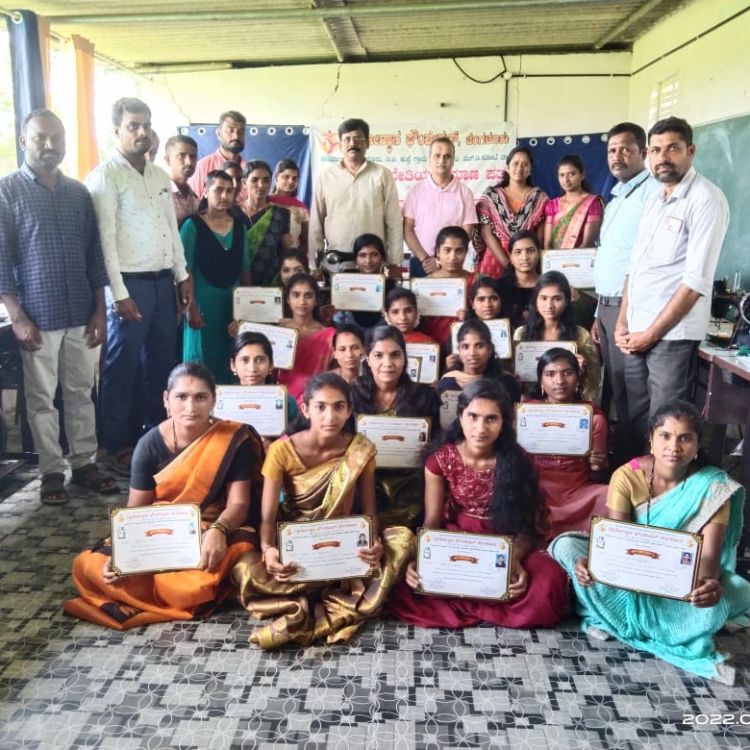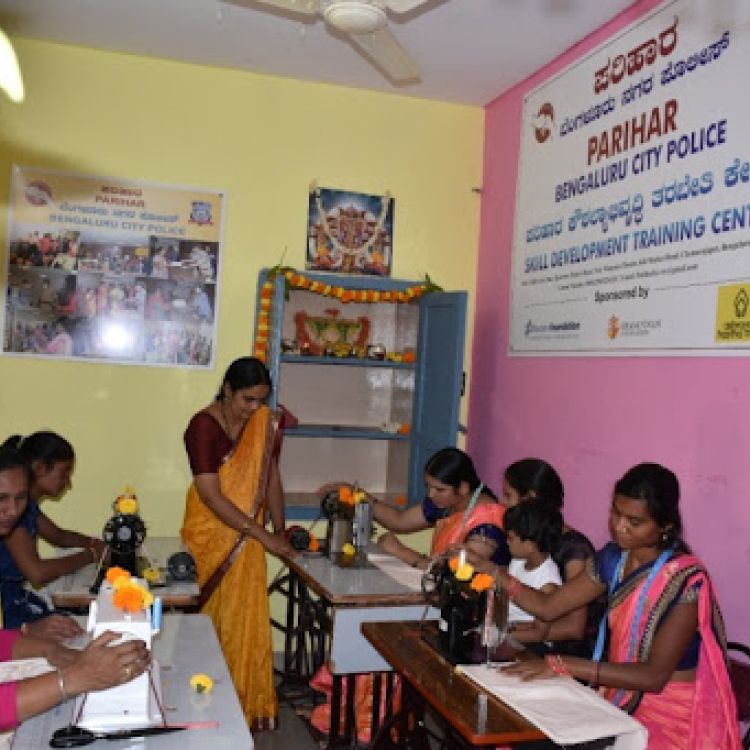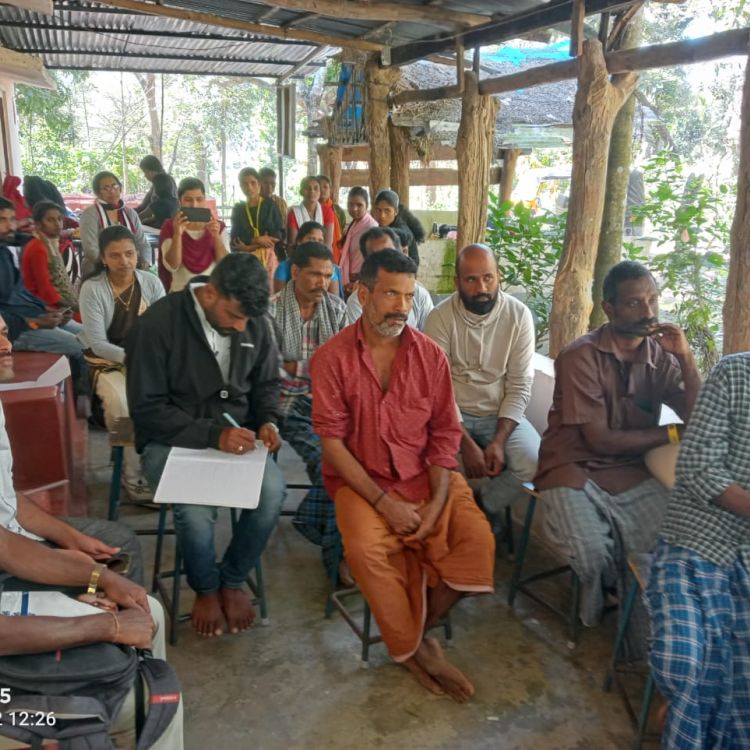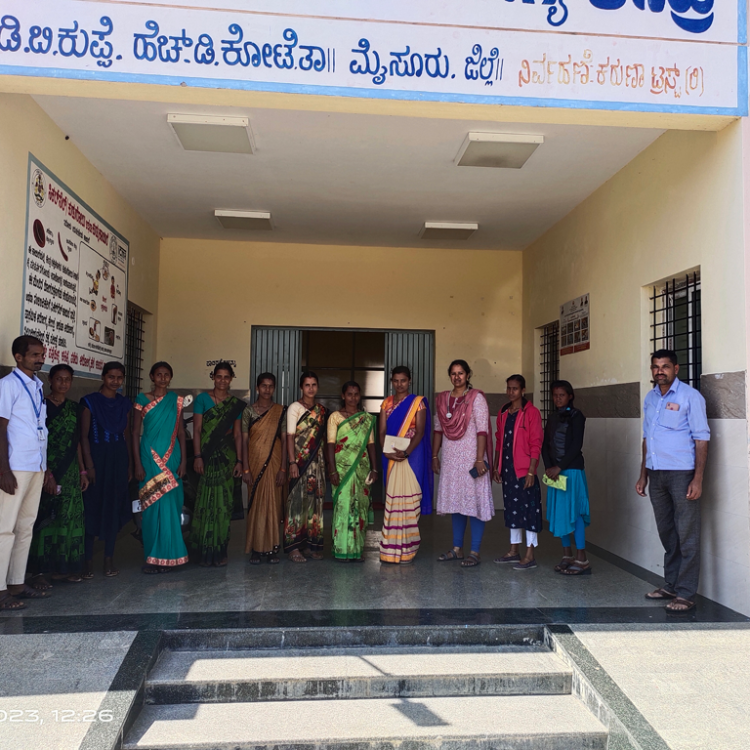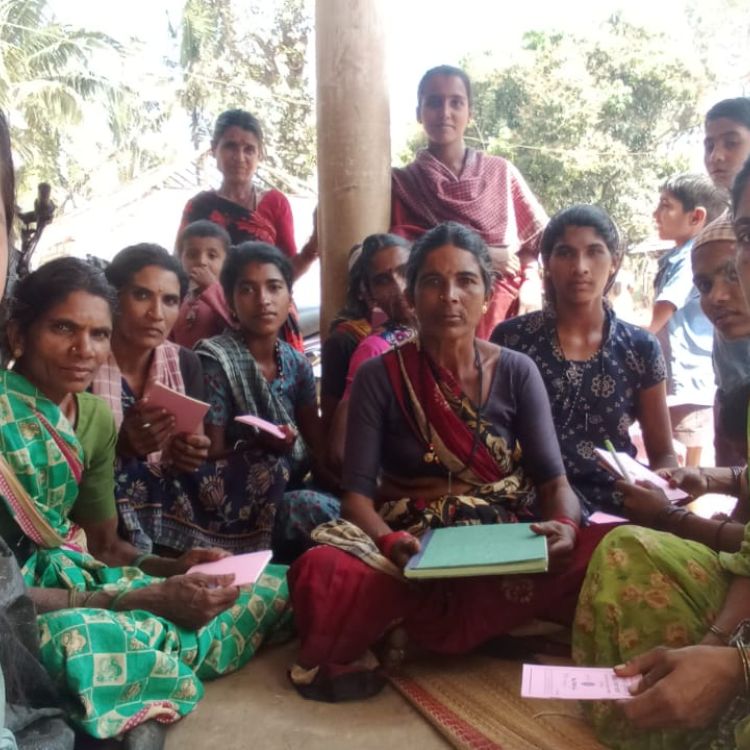Karma Parma Dharma
Work is Righteous Living
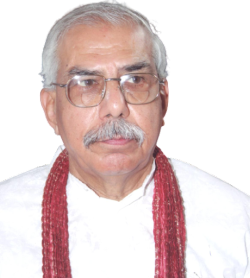
Dr. S.K. Maini (1933 – 2020)
Gramothan Foundation is the Corporate Social Responsibility arm of the Maini Group, started by our Founder,Dr. Sudarshan Kumar Maini, in 2009, who believed in equitable social growth and the development of the people among whom we thrive. At the Maini Group, CSR has been an integral part of our DNA since our inception . We take inspiration from the Bhagavad Gita where it says - "Karma Parma Dharma”, which – in its most inclusive sense – means, "work is righteous living".
The primary objective of the Gramothan Foundation is to improve the quality of life of the people who live in rural India, including the tribals and other marginalised groups. 60% of the population of rural India live in conditions of poverty. Gramothan Foundation, by initiating a variety of actions, will target the elimination of poverty from rural India in the shortest possible time, while simultaneously enabling these people with adequate skill and ability to improve their lives and those of their future generations.
Area of Focus
With a mission to create a replicable and scalable model for the eradication of poverty, the Foundation selected a pilot area – the DB Kuppe Village Panchayat, situated at the Rajiv Gandhi National Park in Heggada Devana Kote Taluk. Spread over an area of 15 km, this Panchayat is part of Mysore District in southern India. The Panchayat has 14 villages and 12 hadis with a population of approximately 6,000 people. One-third of this Panchayat consists of tribal backward classes, majority of whom live below the poverty line. These remote villages are underdeveloped and some of them lack even the most basic infrastructure.
DB Kuppe had very specific problems. On a visit to the Panchayat, the team from Gramothan Foundation discovered a number of unexpected issues, especially amongst the tribal people.
The Panchayat has 11 Primary, Middle and Anganwadi Schools, and 1 High School. Approximately 600 children from this Panchayat are enrolled in these schools. However, they had no access to basic learning tools like classrooms, toilets, playgrounds, computers, among other things. Teachers did not have adequate training. As an outcome, motivation was low and absenteeism of both teachers and students was low.
The villages in this area see a disproportionately high number of animal bites and suicides among men, both – though, diverse issues – result in a large number of young widows. These young women – more than 250 at last count – are considered outcasts in their societies and invariably take to alcohol. In a situation where food is scarce, alcoholism further aggravates their poverty.
The projects undertaken by Gramothan Foundation in the villages aim to ensure sustainable development in an organised and integrated manner. The implementation of the projects must make an impact on society, bringing economic prosperity, environmental and cultural development in the communities.
Our Yearly Reports
We make a living by what we get, but we make a life by what we give...

JOIN HANDS FOR COMMUNITY SERVICE
Together we can make a difference to the rural India. Help us in initiating a variety of actions that will target for eliminating poverty from rural India in the shortest possible time.

© Gramothan Foundation. All rights reserved.
Powered by Technoworth.
